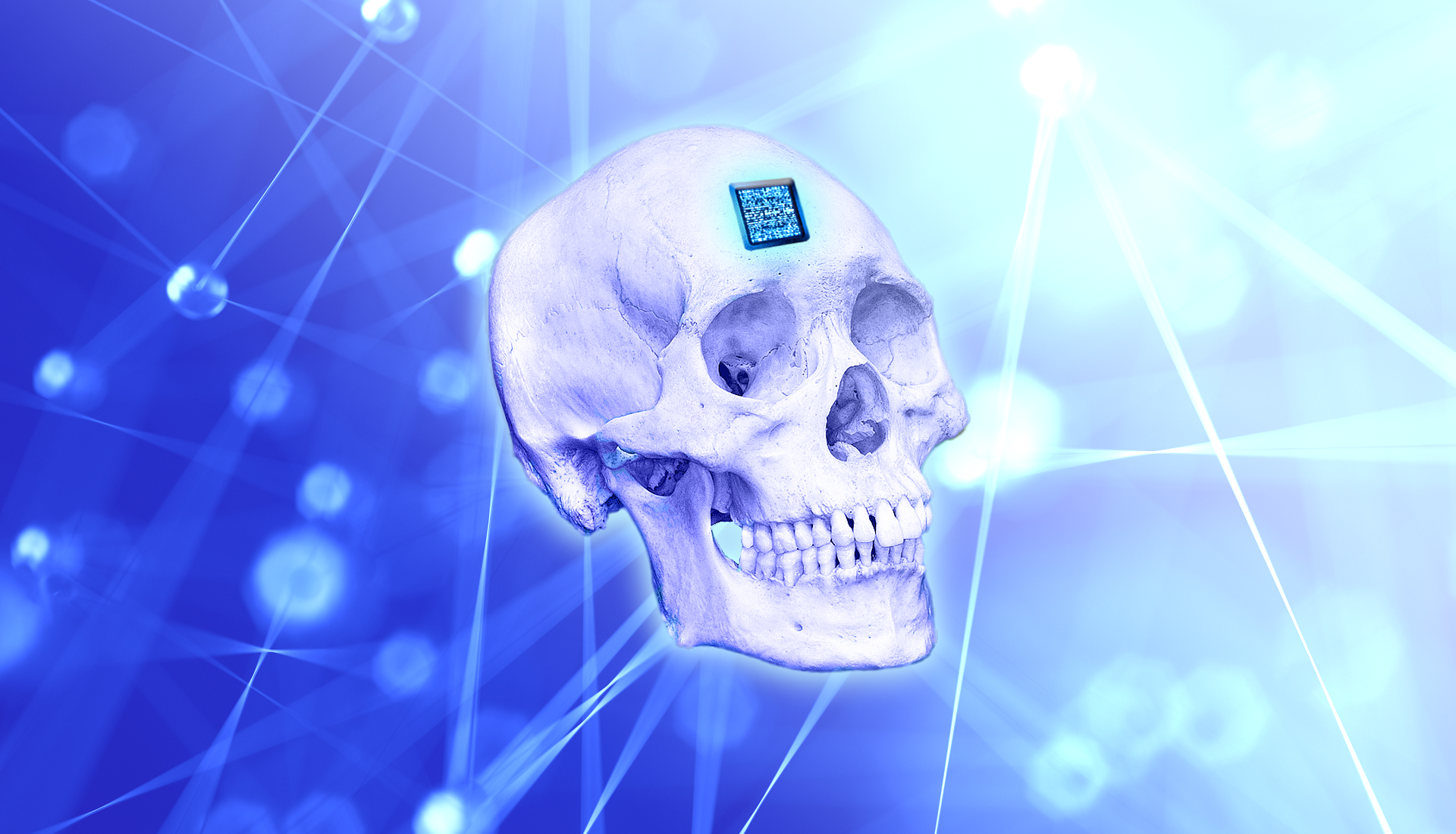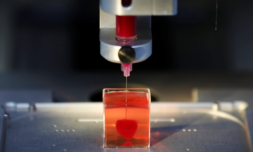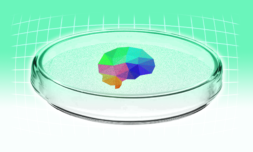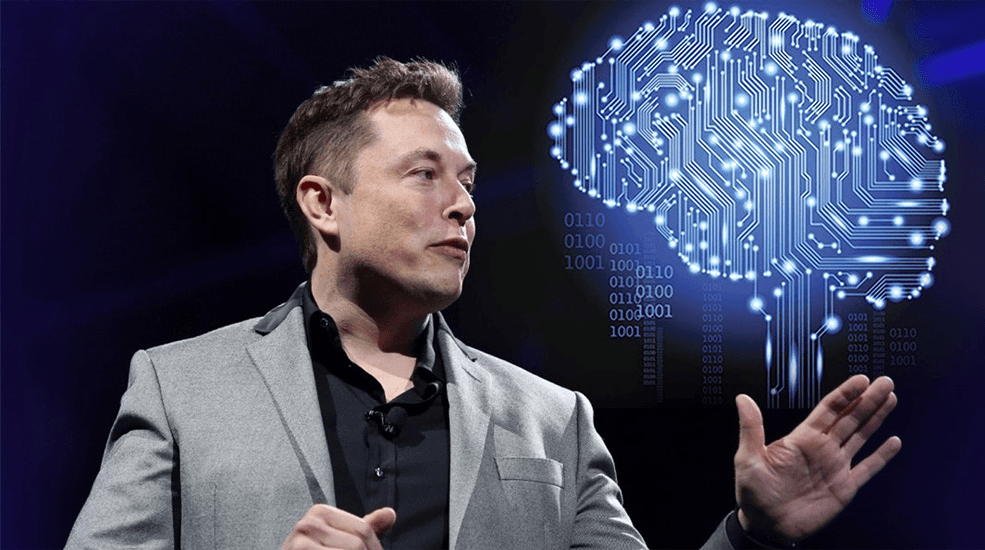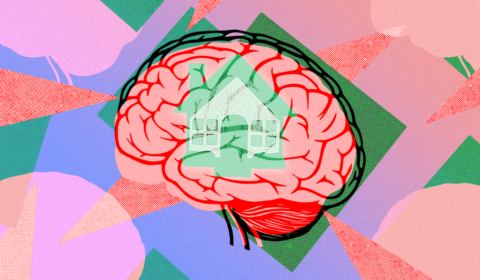Elon Musk has finally shed some light on his mysterious brain computer implant Neuralink, declaring that the project could cure the permanently impaired in the near future.
In typically hyperbolic fashion, serial entrepreneur and inventor Elon Musk stepped on stage in San Francisco last week bearing a grand announcement. Neuralink, the ‘brain computer’ interface with alleged mind-control and telepathic abilities has transformed from cryptic rumour into flagship venture for Musk, and the potential sounds incredible.
After a whopping $158 million (with $100 coming from the man himself) invested in the project, Neuralink has developed their first batch of prototype implants which Musk claims will be able to ‘read our minds’.
Comprised of thousands of electrodes thinner human hair, these implants will be housed within the brain to work in symbiosis with our regular thought patterns and processes. These electrodes will relay signals to an AirPod-like device mounted behind the ear which can connect to smartphone/computer apps, essentially allowing the user to control their interface of choice by thought alone.

Anyone else picturing Deus Ex’s Adam Jensen?
While our greedy default state instantly makes us think of potential for more seamless forms of entertainment, the application of the technology goes far beyond that. So wait your turn layabouts!
According to Dr. Matthew McDougall – Neuralink’s head neurosurgeon – human clinical trials are coming as early as 2020, and the team are currently working on an assortment of chips to target specific medical diseases and to potentially cure physical impairments seen as untreatable or inoperable today.
The first trials will target patients with complete body paralysis and will require the installation of four implants. These will (theoretically) allow quadriplegics to independently operate prosthetic limbs like an able-bodied person.
It doesn’t stop there either. The increased sensory feedback from these implants could conceivably restore a blind person’s vision, a hypoesthesia sufferer’s sense of touch, while eradicating neurological diseases like Parkinson’s, epilepsy, tinnitus, and dystonia completely from the modern world.










